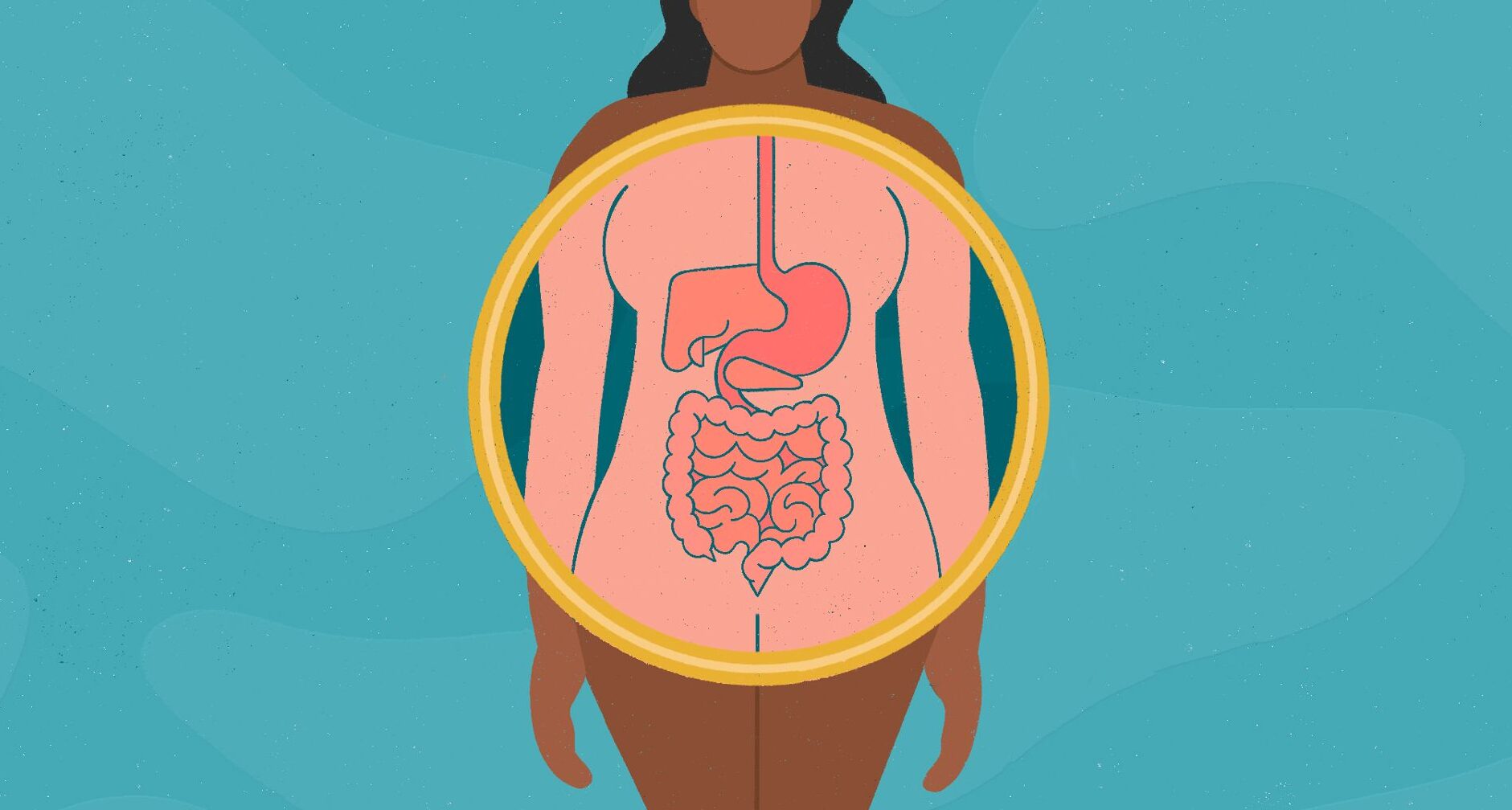Digestive disorders are a common health concern that can significantly impact an individual’s quality of life. Irritable Bowel Syndrome (IBS) is a common digestive disorder that affects the large intestine. Symptoms of IBS include cramping, abdominal pain, bloating, gas, and diarrhea or constipation, or both. While the exact cause of IBS is unknown, it is believed to be related to a combination of factors, including abnormal muscle contractions in the intestine, inflammation, and changes in gut bacteria. IBS is a chronic condition that requires long-term management, including lifestyle changes and medication. It is important to seek medical attention if you experience persistent digestive symptoms.
Gastroesophageal Reflux Disease (GERD) is another common digestive disorder that occurs when stomach acid flows back into the esophagus, causing irritation and discomfort. Symptoms of GERD include heartburn, regurgitation, and difficulty swallowing. While occasional acid reflux is normal, frequent or severe symptoms may indicate GERD. The condition can be caused by a weakened lower esophageal sphincter, obesity, pregnancy, or certain medications. Treatment for GERD may include lifestyle changes, medication, or surgery, depending on the severity of the condition.
Crohn’s Disease and Ulcerative Colitis are two types of Inflammatory Bowel Disease (IBD) that affect the digestive tract. Symptoms of IBD include abdominal pain, diarrhea, fever, fatigue, and weight loss. The exact cause of IBD is unknown, but it is believed to be related to an abnormal immune response in the gut . Treatment for IBD may include medication, surgery, or a combination of both. It is important to seek medical attention if you experience persistent digestive symptoms, as early diagnosis and treatment can improve outcomes and quality of life.
Symptoms and diagnosis of digestive disorders
Digestive disorders can cause a variety of symptoms, ranging from mild discomfort to severe pain and disruption of daily life. Common symptoms of digestive disorders include abdominal pain, bloating, constipation, diarrhea, nausea, vomiting, and changes in bowel movements. In addition, some individuals may experience symptoms such as heartburn, difficulty swallowing, and rectal bleeding. Recognizing these symptoms is important in identifying potential digestive disorders and seeking appropriate medical care.
Diagnostic tests and procedures are often used to diagnose digestive disorders. These tests can range from non-invasive procedures such as blood tests and stool analyses to more invasive procedures such as endoscopy and colonoscopy. During the diagnostic process, healthcare providers will ask about medical history and symptoms, conduct a physical exam, and may order additional tests to identify potential underlying causes of digestive disorders. It is important to seek professional medical advice for proper diagnosis and treatment.

Seeking professional medical advice is crucial for individuals experiencing symptoms of digestive disorders. Without proper diagnosis and treatment, digestive disorders can lead to complications and negatively impact overall health and well-being. Healthcare providers can offer appropriate treatment options and management strategies to help alleviate symptoms and improve quality of life for those with digestive disorders. It is important to stay informed about the latest developments in gastroenterology and digestive disease to ensure the best possible care.
Solutions for managing digestive disorders
Lifestyle changes and dietary modifications are often the first line of defense in managing digestive disorders. Making simple changes to one’s diet, such as avoiding trigger foods and increasing fiber intake, can often alleviate symptoms associated with conditions such as irritable bowel syndrome (IBS) and acid reflux. Additionally, maintaining a healthy weight and engaging in regular exercise can improve overall digestive health and reduce the risk of developing certain digestive disorders. By making these lifestyle changes, individuals can often manage their symptoms without the need for medications or surgical intervention.

Medications and supplements can also be effective in managing digestive disorders. For example, antacids and proton pump inhibitors can be used to reduce the symptoms of acid reflux and heartburn. Probiotics, which contain beneficial bacteria that promote a healthy gut microbiome, can also be used to alleviate symptoms associated with conditions such as IBS. However, it is important to consult with a healthcare provider before starting any new medications or supplements, as they may interact with other medications or have side effects.
In rare cases, surgical intervention may be necessary to manage digestive disorders. For example, surgery may be required to remove damaged portions of the intestine in individuals with Crohn’s disease. However, surgery is typically considered a last resort after lifestyle modifications and medications have been unsuccessful in managing symptoms. It is important for individuals with digestive disorders to work closely with their healthcare provider to develop a personalized treatment plan that is tailored to their specific needs and symptoms.
